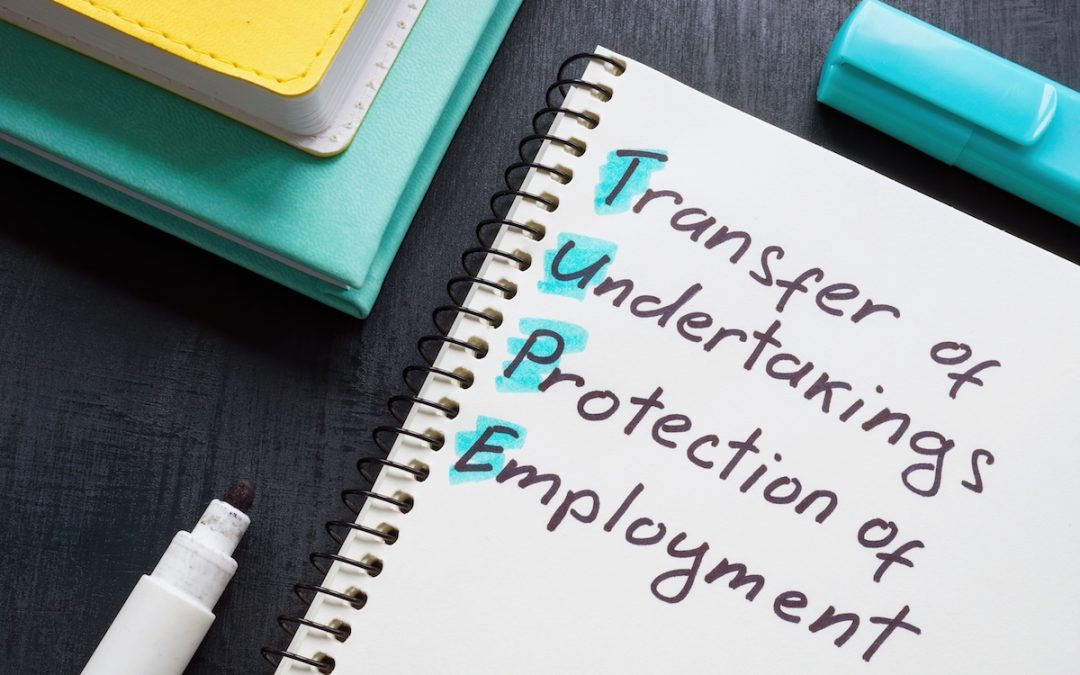With a new government focusing on growth, mergers and acquisitions will be on the rise and, odds are, we will be hearing a lot more about the Transfer of Undertakings (Protection of Employment) Regulations 2006 (more commonly referred to as ‘TUPE’) in the coming months and years. But what is TUPE? Here is our ‘pocket guide’:
- TUPE transfers can occur in two ways: (1) when a business, or part of a business, is transferred from one owner to another (business transfer); and (2) when a service stops being carried out by one entity and starts being carried out by another (service provision change).
- In each of these cases, the automatic transfer principle means that the contracts of employment of employees assigned to the transferring business (or service) will be transferred from the previous owner/service provider to the new owner/service provider. All liabilities up to the point of transfer will also, generally, transfer to the new owner/service provide.
- Employees are usually entitled to retain the same terms and conditions that they had before the transfer.
- The outgoing employer must provide the incoming employer with certain information, called the ‘Employee Liability Information’ before any transfer.
- There is an obligation to inform and consult with employees prior to any TUPE transfer. The fact of the transfer, the reasons for it and any ‘measures’ envisaged in connection with the transfer must be shared. ‘Measures’ include any changes which the new employer proposes to make (for example, redundancies).
- Dismissals by reason of a TUPE transfer will be automatically unfair unless they are for an economic, technical or organisational reason, entailing changes in the workforce. Employees must have 2 years’ service in order to bring a claim.

How we can help
Contact Jon Dunkley today for an informal chat, without obligation.
Contact Jon Dunkley
- [email protected]
- 01271 342268



